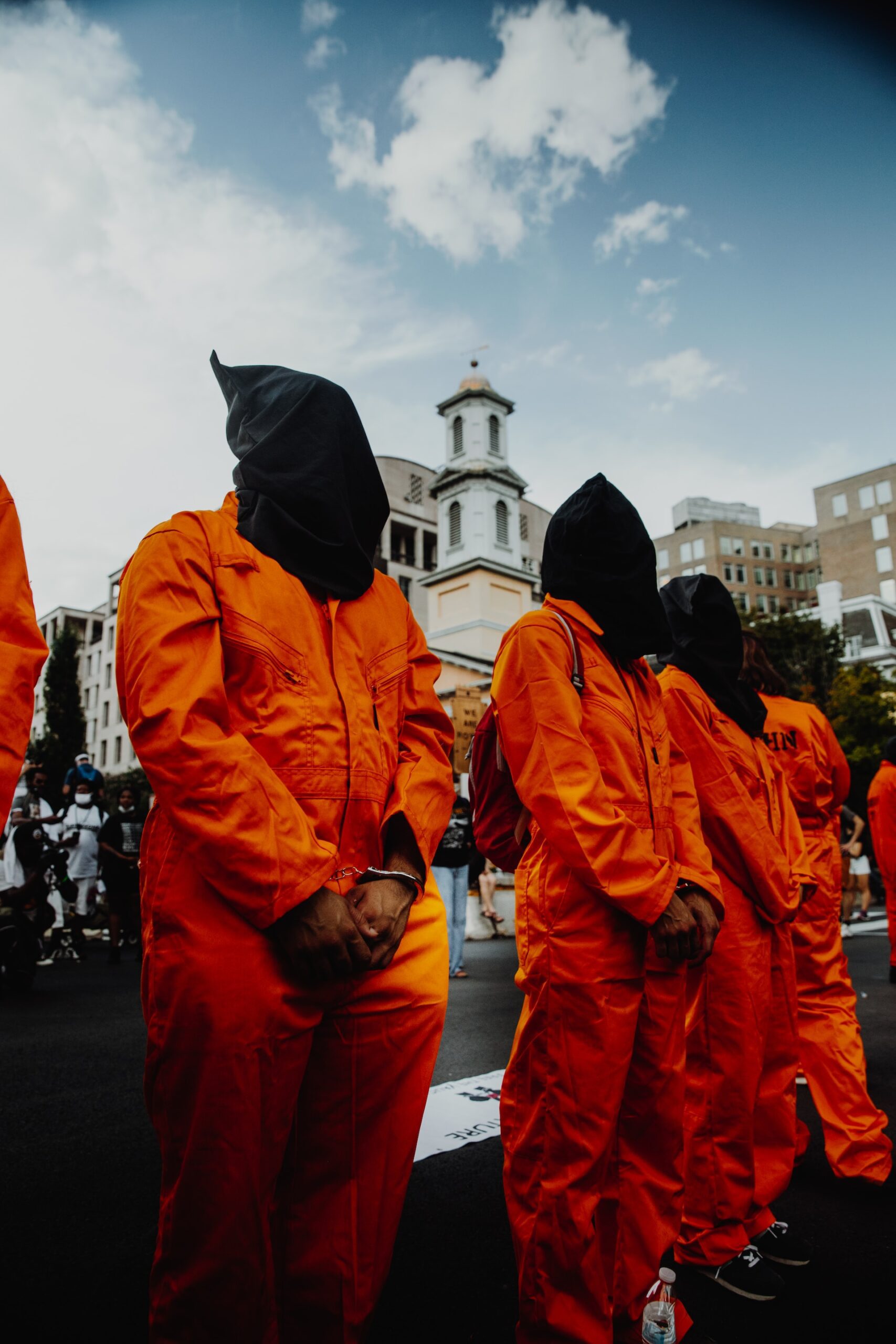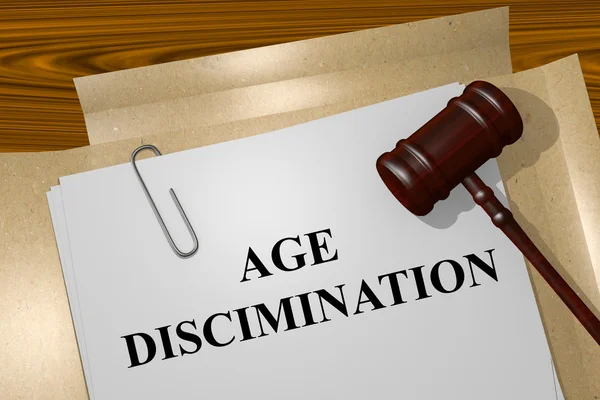In a capital case, the jury can decide between the death penalty and life without parole. The jury also determines aggravating and mitigating factors.
In the United States, due process includes a chance for new evidence to be presented in cases where innocence is suspected. This is a problem for death row inmates, who often spend years waiting for a reprieve.
Contents
It Is A Relic Of The Earliest Days Of Penology.
In ancient times, crowds gathered in public squares to witness the hanging, burning, and decapitation of criminals. Even though these executions were a horrific spectacle, they did not stop people from committing new crimes. Crime rates rose when executions were imminent. This was because criminals believed that their crimes deserved death, and they were inspired by the notion that society should be vengeful and punish those who violated it.
The modern death penalty is no less a spectacle of official homicide, and it is an affront to human dignity. The spectacle of an execution promotes a society that endorses killing to solve problems, and this message is especially harmful to children. In addition, it fosters a sense of impunity that can lead to more serious crimes in the future. Governments have tried to justify the death row overview by invoking the legal principle Lex talionis (an eye for an eye, a tooth for a tooth, and a life for a life), but this argument is flawed. While states can continue to impose death sentences, they should also take steps to reduce their reliance on this form of punishment. They should make it more difficult for prosecutors to obtain the death penalty, and they should give the jury the option of not imposing the sentence.
It Is Cruel And Unusual.
Many people are sentenced to death around the world for a variety of crimes. Some are executed for drug-related offenses, while others are punished for terrorism and murder. In some cases, the courts fail to follow international standards and laws, such as by executing people without sufficient evidence, forcibly removing them from their families, or giving them unfair trials.
While prosecutors may claim that capital punishment deters crime, the fact is that this is largely a myth. In fact, over 191 prisoners have been exonerated from death row due to doubts about their innocence, and no studies show that it is any more effective than life imprisonment.
Moreover, those on death row can be subjected to cruel conditions. Many are isolated for 23 hours a day without access to training or education, recreational activities, and regular visits with family members. This can cause a range of mental health problems, including agitation, paranoia, and self-destructive behavior. The film Women on Death Row explores the experiences of women who are incarcerated on death row and awaiting execution in the United States. It is an eye-opening documentary highly recommended for anyone interested in the topic. The film features interviews with Carlos De Luna, other eyewitnesses, and legal experts. The documentary also looks at the impact of the trial on the victims’ families.
It Is A Waste Of Tax Money.
Many people assume that execution saves money because it costs less than life in prison. However, this argument ignores that executions are not free of cost. They require an infrastructure of facilities and personnel to perform them. Also, death row inmates require expensive medical and legal representation throughout their lives. Discrimination based on socioeconomic class and gender affects the ability of inmates to obtain quality lawyers.
The prison system is inherently expensive, and many states spend a large percentage of their budgets on capital cases. These expenses are largely incurred because of the time and expense involved in appeals, motions, and retrials. In addition, most capital defendants are too poor to afford a lawyer, so taxpayers pick up the bill. These expenses add up, especially in a tough economy.
It Is A Violation Of Due Process.
Despite the claims of the death penalty supporters, experience establishes that it does not deter murder. It has often led to the opposite effect – suicide by execution. In one case, a man who has a mental illness killed a couple in a parking lot to ensure the state would kill him. In addition, there are many documented cases of wrongful convictions and exoneration. The National Coalition to Abolish the Death Penalty and the Innocence Project are nonprofit organizations that work to end the use of the death penalty. The death penalty denies due process by denying the defendant the opportunity to benefit from new evidence that might overturn his conviction. Moreover, it is applied arbitrarily, disproportionately, and discriminatorily by race and socioeconomic class. For example, Black and Hispanic defendants are more likely to be sentenced to death than white defendants, even though they commit a smaller percentage of murders.




